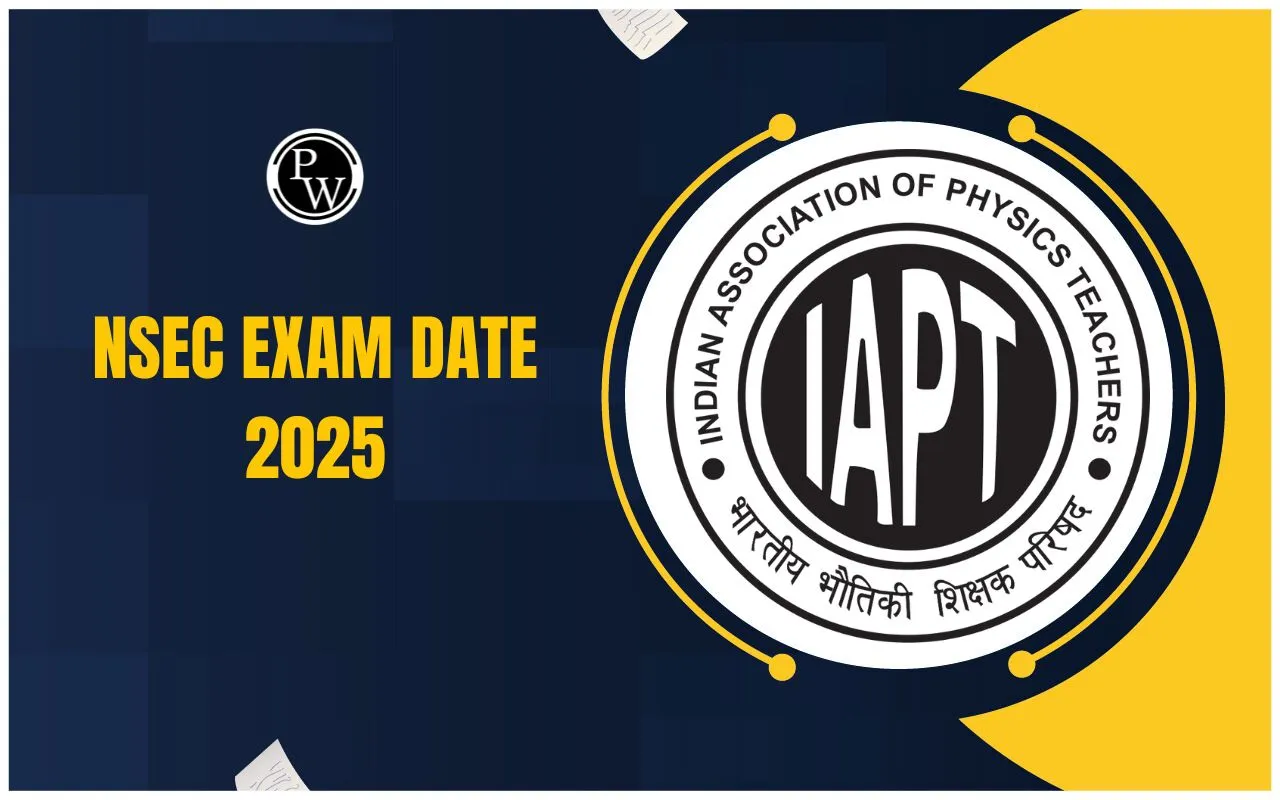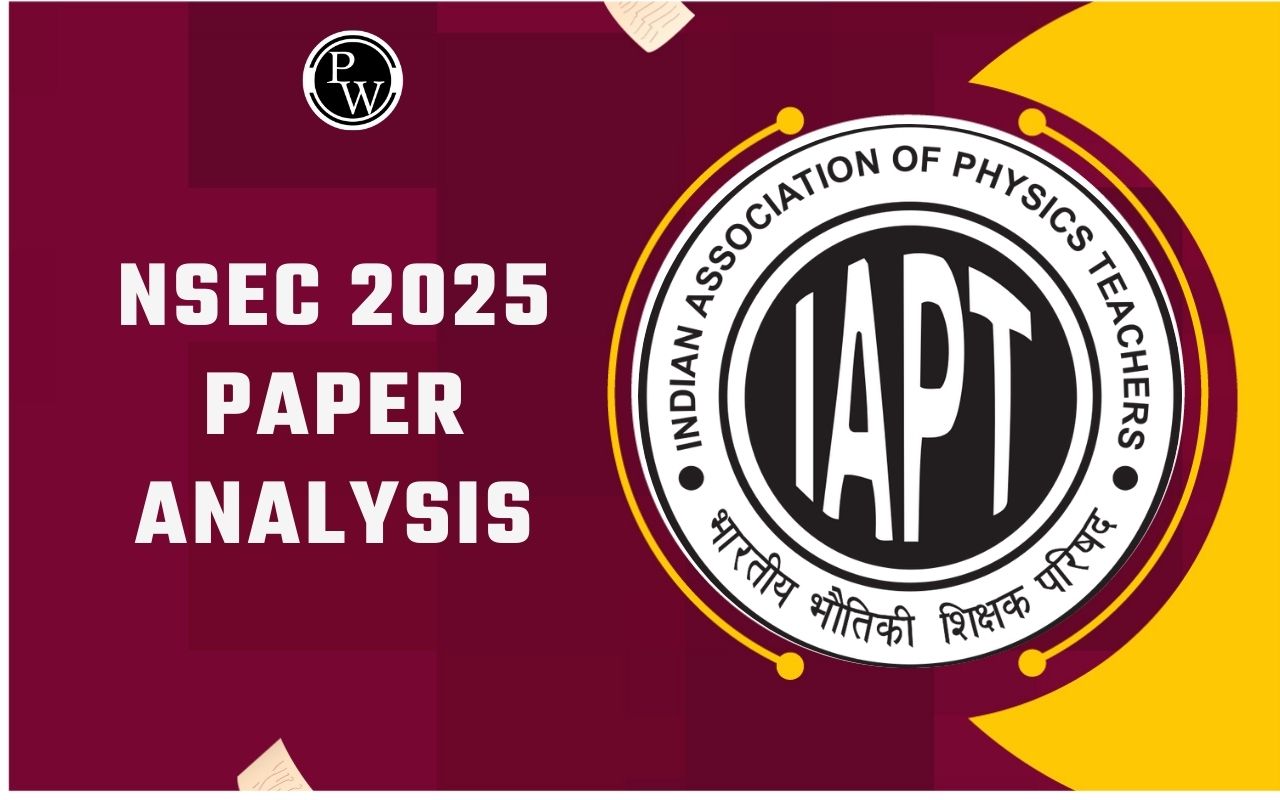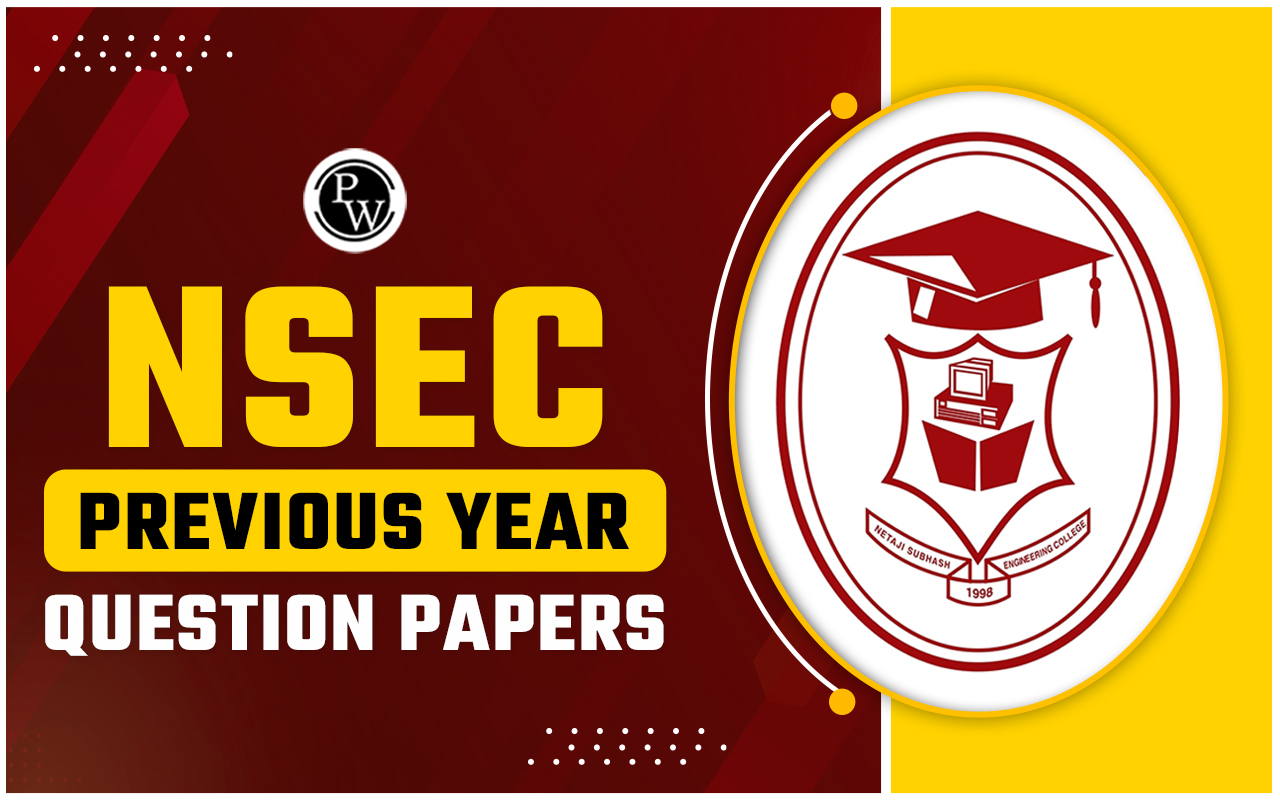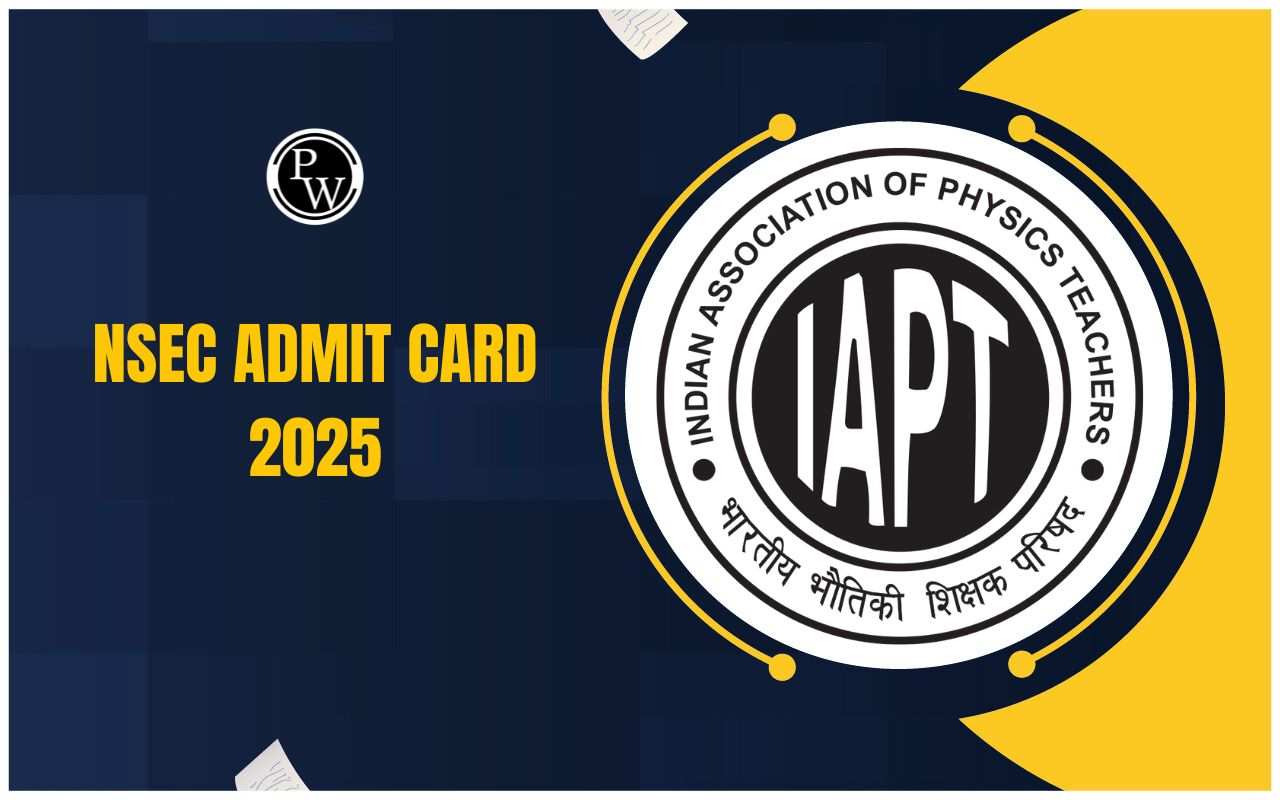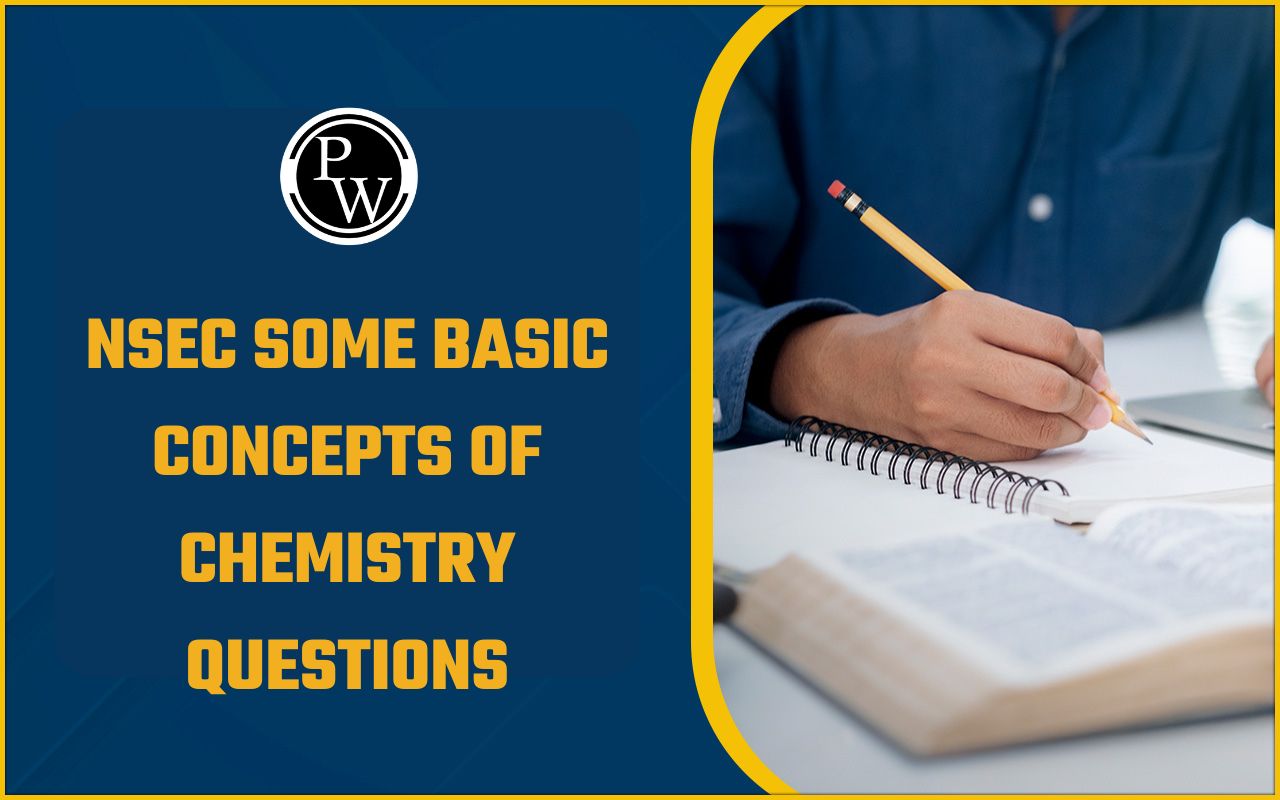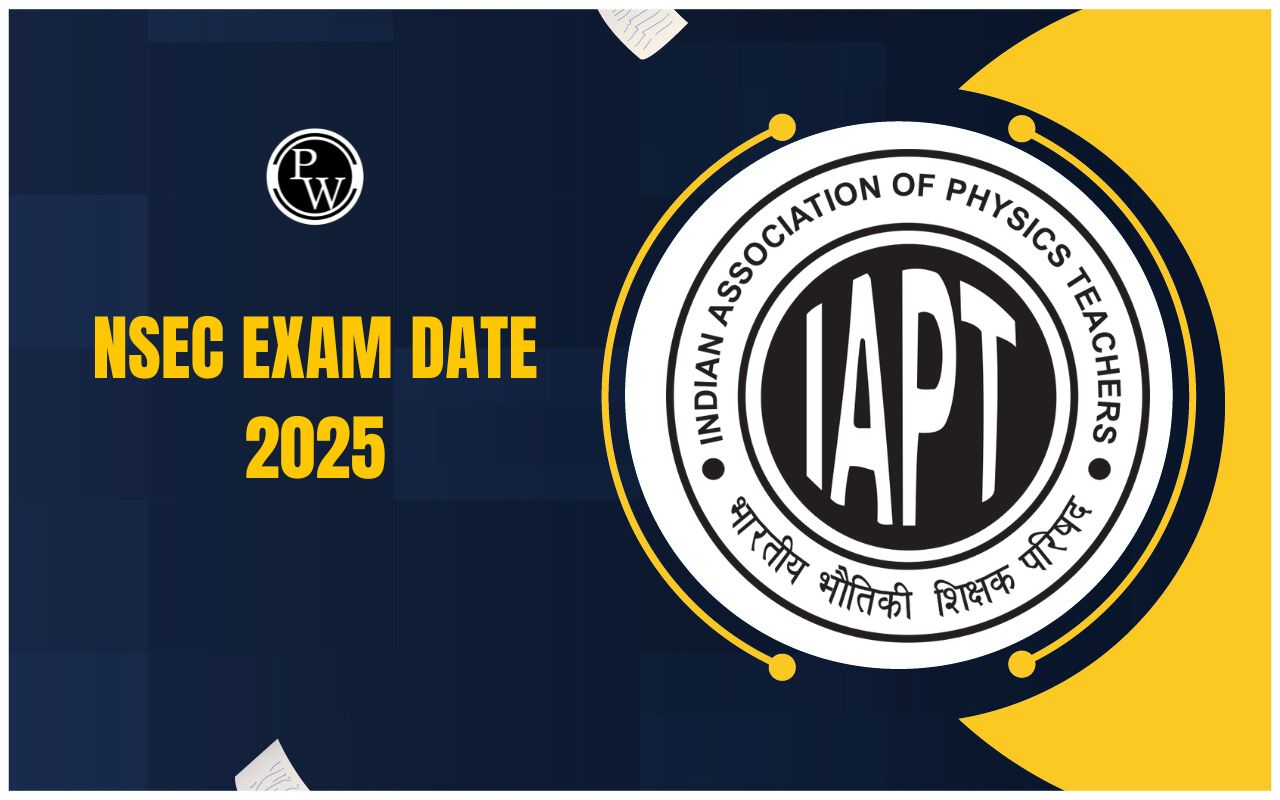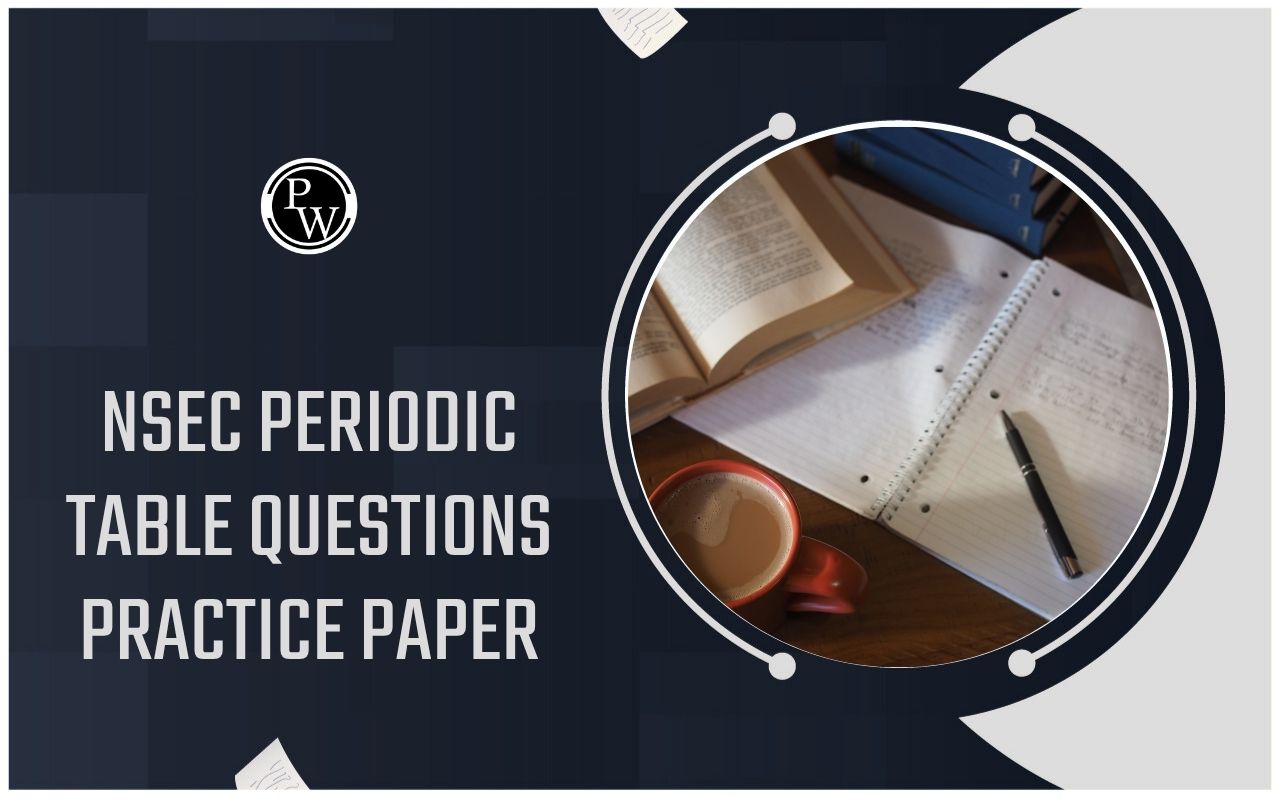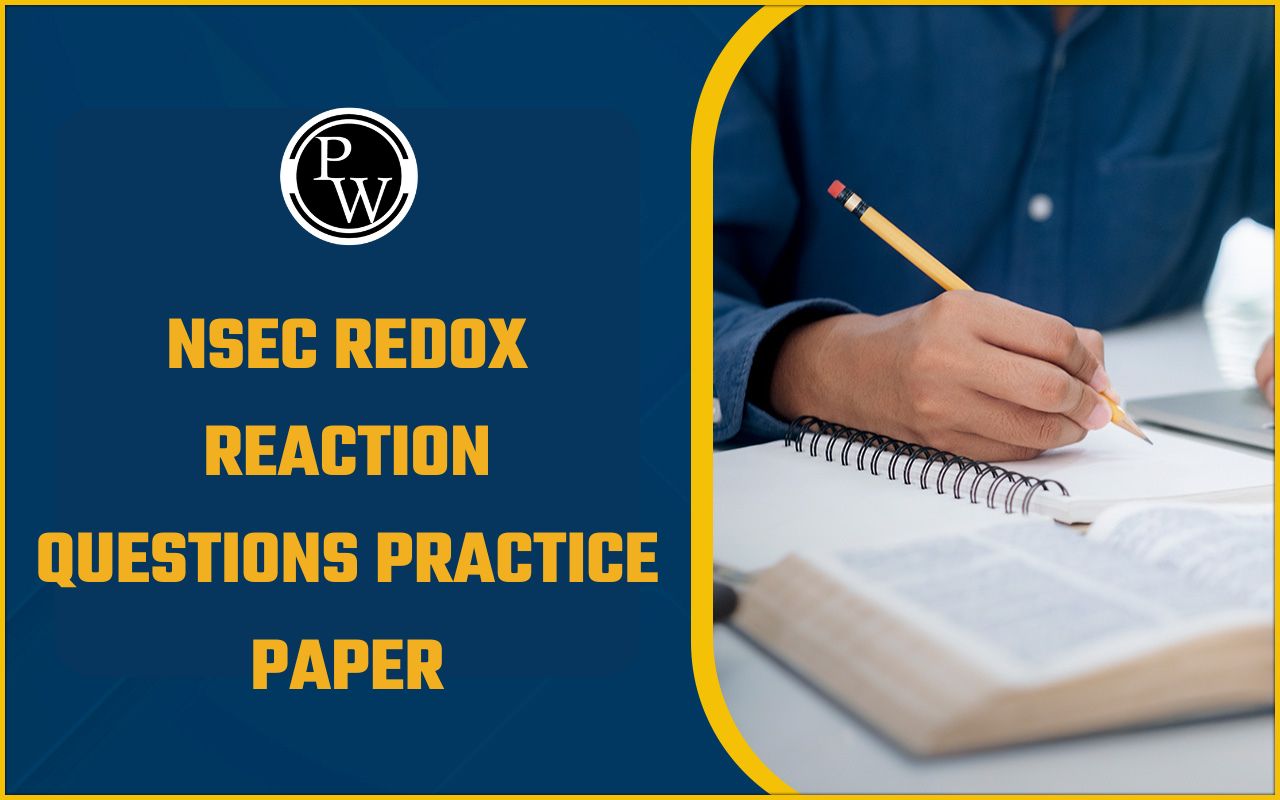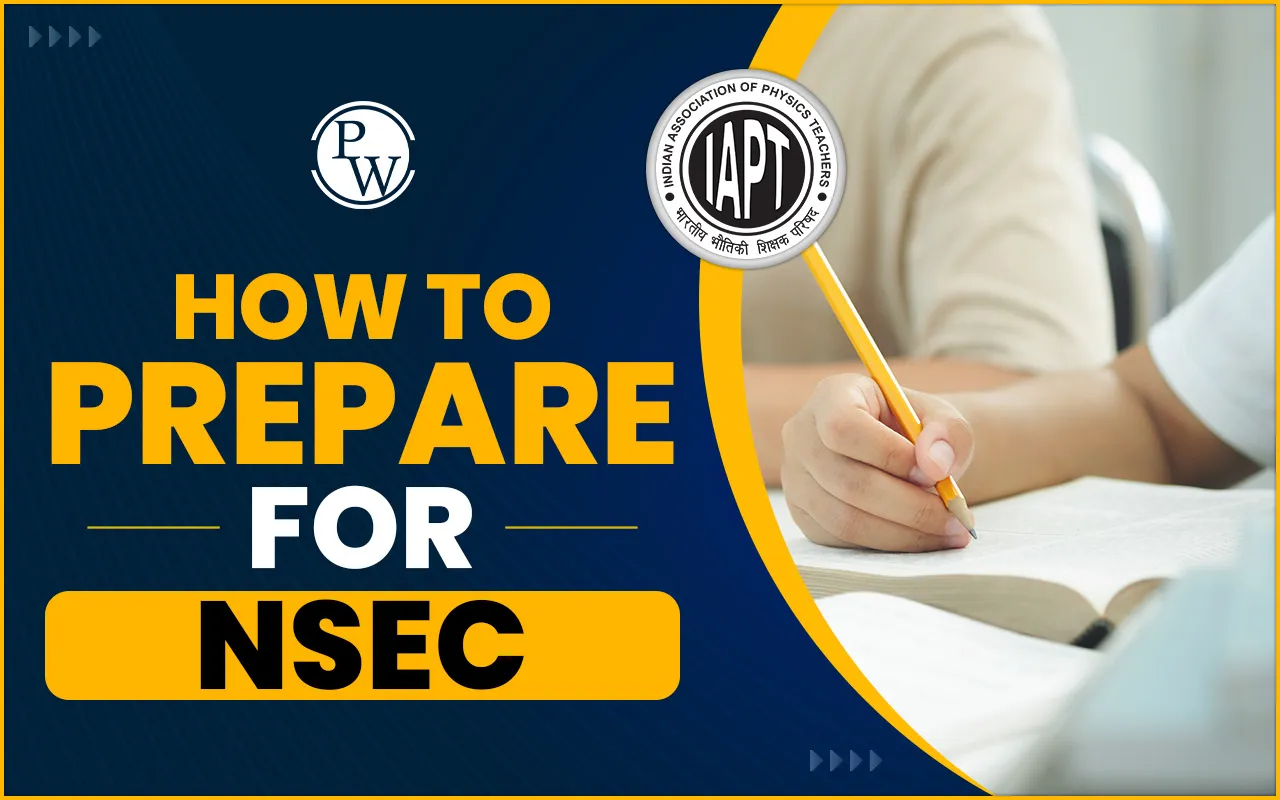
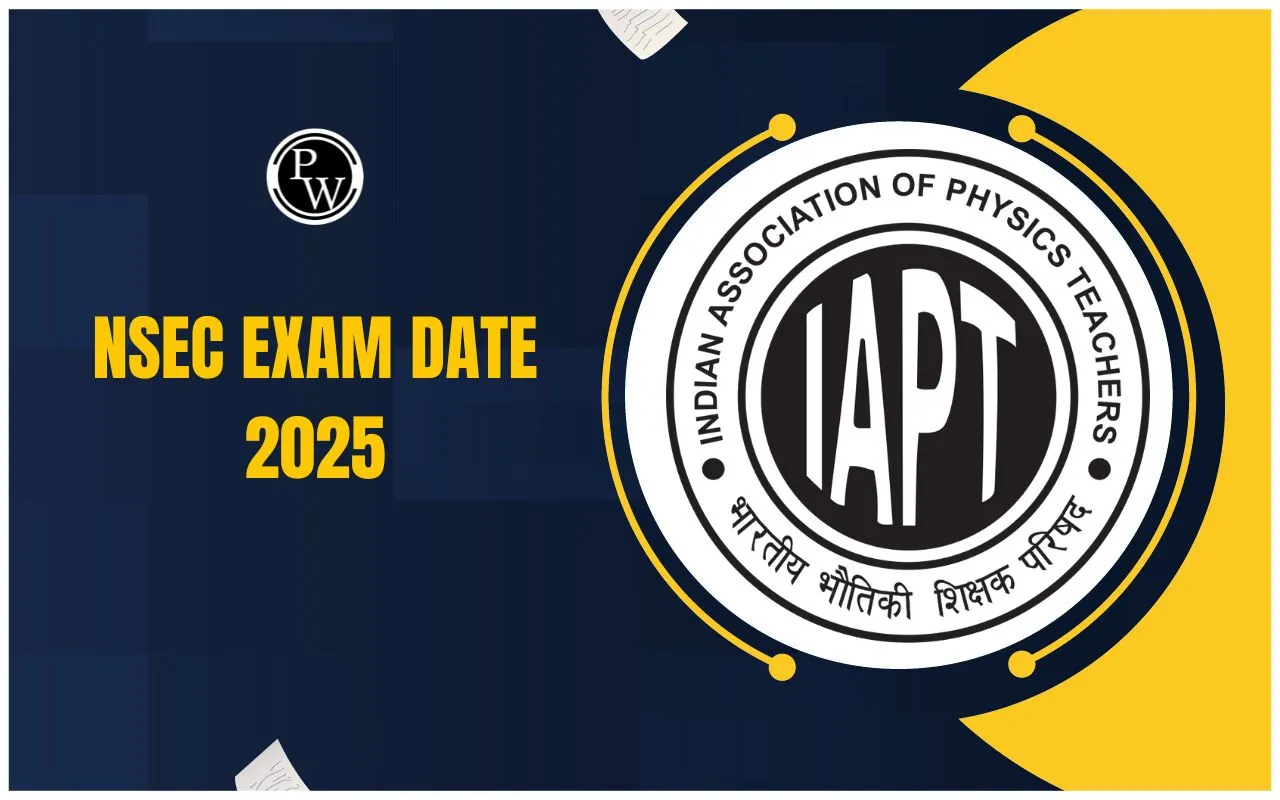
NSEC Exam Date 2025 has been officially announced for students who have enrolled in the first stage of the International Chemistry Olympiad.
The NSEC 2025 exam is scheduled on Sunday, November 23, 2025, from 11:30 a.m. to 1:30 p.m. Students in Classes 11 and 12 are invited to take this test. The NSEC Admit Card was made available on the official website. The NSEC Exam is scheduled for Sunday, November 23, 2025, from 11:30 a.m. to 1:30 p.m.
The Homi Bhabha Centre for Science Education (HBCSE) and the Indian Association of Physics Teachers (IAPT) work together to administer the exam. Candidates can see the link to download the NSEC Admit Card.
NSEC Admit Card (Out)
The NSEC Admit Card was released on the official website. NSEC Exam will be held on 23rd November 2025 (Sunday) from 11:30 am to 1:30 pm. Candidates can check out NSEC Admit Card download link. This admit card is a mandatory document to appear for the NSEC Olympiad exam.
NSEC Exam Date 2025
The NSEC Exam Date 2025 has been officially announced for students preparing for the Chemistry Olympiad. The National Standard Examination in Chemistry (NSEC) is the first stage of the International Chemistry Olympiad and is one of the most prestigious exams for Class 11 and 12 students in India.
As per the official announcement, the NSEC 2025 Exam will be held on 23rd November 2025 (Sunday) from 11:30 am to 1:30 pm at designated exam centres across the country. Students who have successfully registered can appear for the exam.
Check: How to Prepare for NSEC?
NSEC Chemistry Olympiad Date 2025
The NSEC 2025 exam will be conducted on November 23, 2025 (Sunday) between 11:30 am and 1:30 pm at various exam centres across India. This exam serves as the first stage of the International Chemistry Olympiad, making it a crucial opportunity for aspiring students.
Registration for NSEC 2025 begins on August 21, 2025, and the NSEC Registration Last Date is September 14, 2025.
Make sure to remember all the key NSEC 2025 Important Dates. Below, we have shared the important schedule details for the NSEC Chemistry Olympiad 2025 to help students who plan to take the exam
|
NSEC Chemistry Olympiad Date 2025 |
|
|
Organization |
IAPT (Indian Association of Physics Teachers) in collaboration with HBCSE (Homi Bhabha Centre for Science Education), |
|
Exam Name |
National Standard Examination in Chemistry (NSEC) 2025 |
|
NSEC Exam Date 2025 |
23rd November 2025 |
|
NSEC Exam Timing |
11.30 am to 1.30 am |
|
Mode of Exam |
Online |
|
No of Questions |
Multiple Choice Questions (MCQs) - 60 Questions |
|
Total Marks |
216 |
|
Negative Marking |
For each wrong response, one mark will be deducted. |
|
Official Website |
https://www.iapt.org.in/ |
NSEC Exam Pattern 2025
This NSEC Exam Pattern 2025 is designed for students in classes 11 and 12, aligned with the CBSE Class 11 and 12 Chemistry syllabus, primarily based on NCERT but with advanced and Olympiad-level questions.
The exam has two question sets: Set A and Set B.
Set A consists of 48 multiple-choice questions (MCQs) with a single correct answer.
Marking scheme: +3 marks for each correct answer, -1 mark for each incorrect answer.
Set B consists of 12 multiple-choice questions, which may have single or multiple correct answers.
Marking scheme: +6 marks for each correct answer, no negative marking for wrong answers.
Total number of questions: 60
Total marks: 216
Duration: 2 hours
The exam is conducted in pen-and-paper mode at designated centres.
Question paper languages: English, Hindi, or other selected languages.
Also Read: NSEC Previous Year Question Papers
NSEC Syllabus 2025
The syllabus for the National Standard Examination in Chemistry (NSEC) mainly covers topics from Class 11 and Class 12 Chemistry, similar to what is taught in senior secondary levels under CBSE and ICSE boards. It is divided into topics from Class 11 and Class 12, covering Physical Chemistry, Inorganic Chemistry, and Organic Chemistry.
Class 11 Topics:
-
Some Basic Concepts of Chemistry (mole concept, stoichiometry)
-
Structure of Atoms (Bohr model, quantum numbers)
-
Classification of Elements and Periodicity
-
Chemical Bonding and Molecular Structure (ionic, covalent, VSEPR, hybridisation)
-
States of Matter: Gas, Liquids, and Solids
-
Chemical Thermodynamics
-
Chemical Equilibrium
-
Redox Reactions
-
Hydrogen and s-Block Elements
-
p-Block Elements
-
Basic Principles of Organic Chemistry
-
Hydrocarbons
-
Environmental Chemistry
Class 12 Topics:
-
Solid State
-
Solutions (types, concentration, colligative properties)
-
Electrochemistry (redox, electrochemical cells, Nernst equation)
-
Chemical Kinetics
-
Surface Chemistry (adsorption, catalysis)
-
General Principles and Processes of Isolation of Elements
-
p-Block Elements (groups 13 to 18)
-
Coordination Compounds
-
Haloalkanes and Haloarenes
-
Alcohols, Phenols, and Ethers
-
Aldehydes, Ketones, and Carboxylic Acids
-
Amines and Organic Compounds containing Nitrogen
-
Biomolecules (carbohydrates, proteins, DNA/RNA)
-
Polymers
-
Chemistry in Everyday Life (medicines, food additives)
NSEC Exam Date 2025 FAQs
What is the NSEC Exam Date 2025?
Who conducts the NSEC Exam?
What is the NSEC Exam Schedule and Mode?
What is the Syllabus and Exam Pattern for NSEC 2025?

